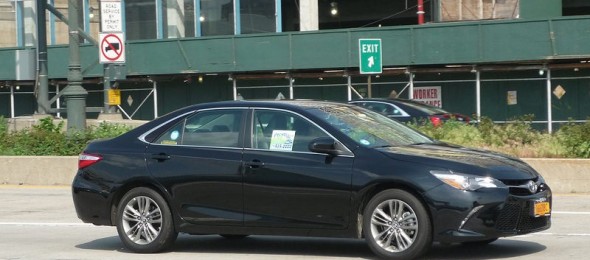Professor Jill I. Gross, Elisabeth Haub School of Law at Pace University, has published “The Uberization of Arbitration Clauses,” Penn State Yearbook on Arbitration and Mediation, Forthcoming. In her scholarly paper, Professor Gross examines federal court opinions related to challenges over the pre-dispute arbitration clause used by mobile transportation application company Uber Technologies, Inc.
Here is the abstract:
In the early part of this decade, the Supreme Court’s decisions interpreting the Federal Arbitration Act (FAA) strictly enforced pre-dispute arbitration clauses (PDAAs) with class action waivers and so-called “delegation” provisions in consumer contracts. Just after the Court’s 2013 ruling that clauses with class action waivers did not prevent claimants from vindicating their statutory rights, Uber — a company at the heart of the “gig economy” — started inserting PDAAs in agreements with its drivers and passengers. Uber’s move has generated dozens of challenges to its clause in lawsuits across the country, and thus dozens of federal court opinions contributing to modern FAA jurisprudence. This article will focus on those opinions, extracting lessons from the multitude and variety of challenges to UBER’s clause. This article concludes by noting that UBER’s rapid and worldwide development of a cheaper and more efficient yet controversial mode of transportation parallels the growth in companies’ use of “forced” arbitration clauses to facilitate a cheaper and more efficient yet controversial mode of resolving disputes.
This and other journal articles authored by Professor Gross may be downloaded for free from the Social Science Research Network.
Photo credit: JLaw45 via Foter.com / CC BY














